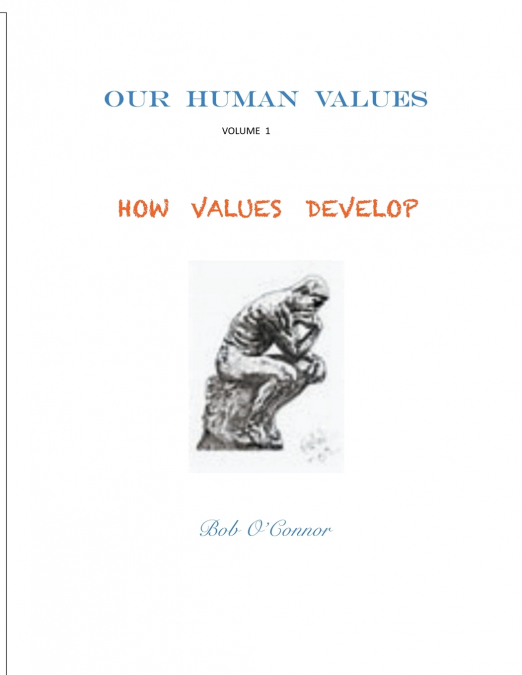
Bob O’Connor
We have commonly believed that all that we know, and how we think, is all learned after we are born. John Locke, with his idea that are minds are blank slates when we are born, made sense--until recently. Studies with identical and fraternal twins have shown us how heredity influences our behavior. But the new science of epigenetics shows how, and which, genes are affected by the environments of our ancestors--or of ourselves. These genetic and epigenetic influences are usually permanent and are below the conscious level.Such experiences as the abuse of one’s pregnant mother, her stress levels, or child abuse, are very negative unconscious value and behavior predictors. On the other hand, a calm pregnancy, no negative epigenetic factors, and a nurturing childhood, can be very positive unconscious factors in our value choosing.Then, once a person begins to think and choose consciously, their value choices are made with either self-centered, God-based or society-based assumptions. The value choices a person makes often conflict. For example, a strong Catholic woman may be against abortion until she becomes pregnant and does not want a child. Research shows that Catholics are 31% of the population and have 31% of the abortions. In fact, Catholics have 29% more abortions than Protestants. The self-centered values trump the assumed God-based values.Values decisions range from what color sweater shall I wear today, to who shall I vote for, to what kind of society do I prefer, to my views on capital punishment and war.Generally people look at life situations as they happen and look for surface explanations. Thinking people look for the real causes of our actions or problems.